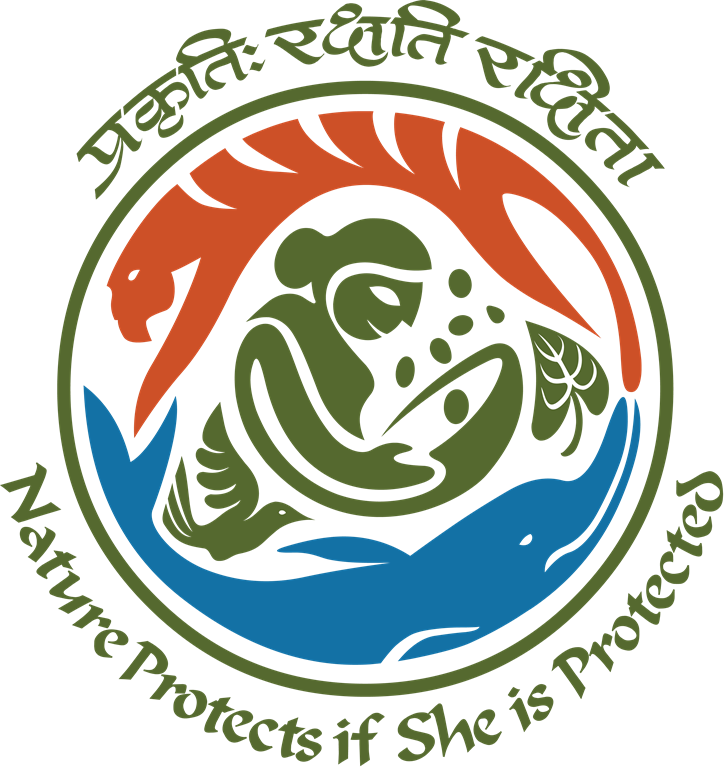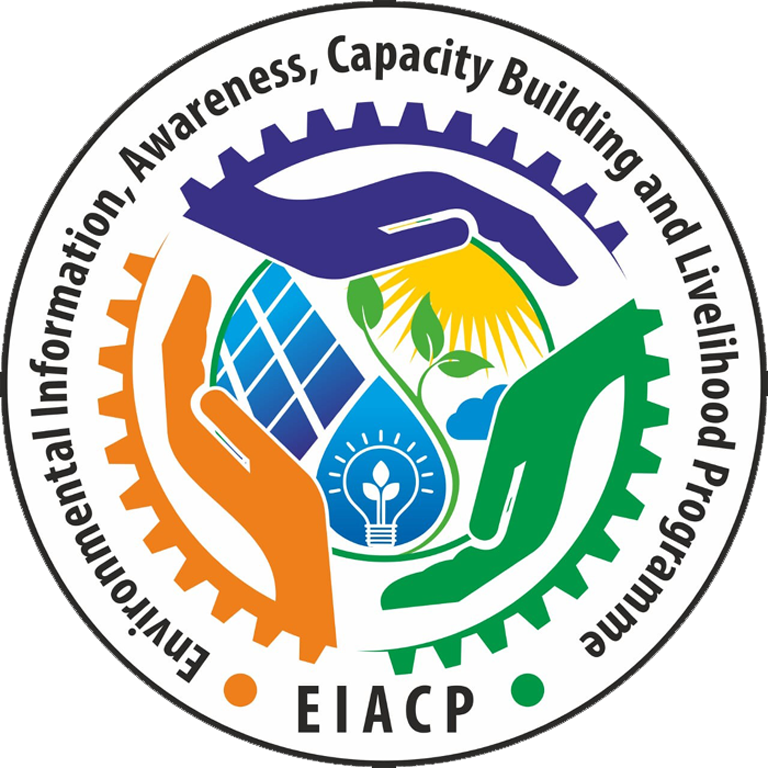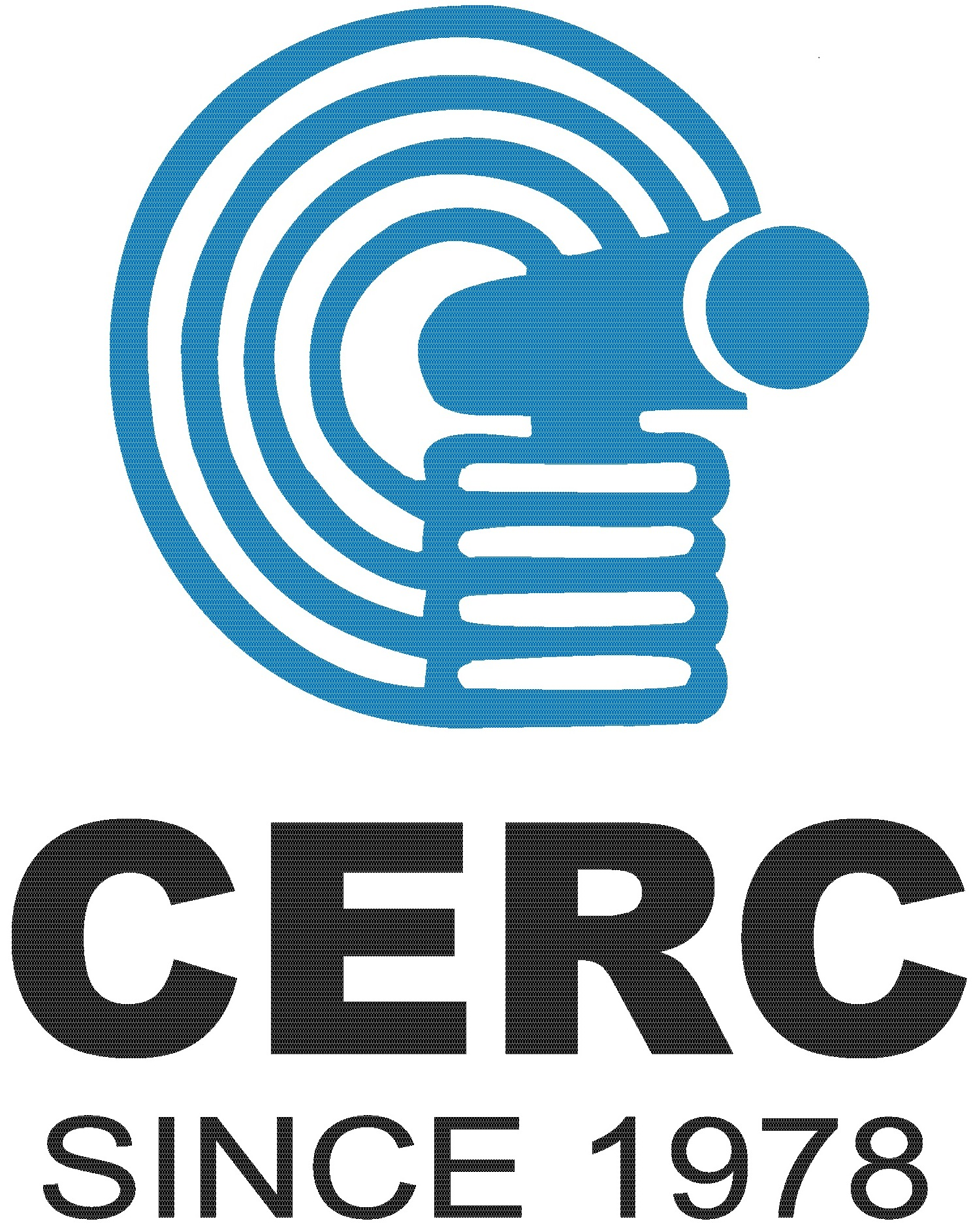Eco-labelling was identified as a significant area in Agenda 21 (1992), Doha Declaration (2001), and in the Johannesburg Plan of Implementation - World Summit on Sustainable Development (WSSD, 2002).
The Oslo Symposium in 1994 proposed a working definition of sustainable consumption as “the use of goods and services that respond to basic needs and bring a better quality of life, while minimising the use of natural resources, toxic materials and emissions of waste and pollutants over the life cycle, so as not to jeopardise the needs of future generations. Oslo Roundtable Conference on Sustainable Production and Consumption was hosted by the Norwegian Ministry of Environment from 6-10 February 1995. Moving to sustainable production and consumption patterns is a common global concern, and the document is set within the overall context of the urgent need to achieve sustainable development on a worldwide basis. The objective of this meeting was to prepare elements for an international work programme on sustainable production and consumption as mandated by the United Nations Commission on Sustainable Development. The document builds on existing achievements and agreements, such as Agenda 21, the work of the CSD, UNEP and the OECD, as well as the results of the 1994 Oslo Symposium on Sustainable Consumption.
Agenda 21 is a comprehensive plan of action to be taken Globally, Nationally and Locally by organisations of the United Nations System, Government, and Major Groups in every area which human impacts on the environment.
Agenda 21, a programme of action reflecting a global consensus and political commitment was agreed to by 179 states at the United Nations Conference on Environment and Development (UNCED) in Rio de Janeiro in June’92. The global plan of action aimed at achieving a high quality environment and a healthy economy for all people of the world. Agenda 21 therefore is a guide to enable the transition to more sustainable form of development and life styles. Agenda 21 embodying the conclusion and recommendations of the UNCED points to the role of information on the environmental impacts of consumer products for making “environmentally sound purchasing decisions”. Agenda 21 has emphasised the need to reduce wasteful consumptions and to promote more environmental - sound products. Agenda 21 states that countries also need to identify balanced patterns of consumption develop policies that encourage the transfer of environmentally sound technologies. This could include legislation requiring, for example ecolabelling of products or environmental taxing systems.
Paragraph 32 (iii) of the Doha Ministerial Declaration mandates the WTO Committee on Trade and Environment (CTE) “in pursuing work on all items on its agenda within its current terms of reference, to give particular attention to labelling for environmental purposes” and “report to the Fifth Session of the WTO Ministerial Conference, and make recommendations, where appropriate, with respect to future action, including the desirability of negotiations.” To promote environmental objectives various types of environmental labelling schemes have launched not only in developed countries, developing countries have also started to design such schemes themselves.
The Doha mandate covers different types of environmental labelling. The debate focuses on governmental and non-governmental voluntary eco-labelling schemes based on a life-cycle approach. It has made clear that the discussion on voluntary eco-labelling schemes shall not prejudge following discussions on other types of eco-labelling schemes, including mandatory environmental labels, or in any way change the rights and obligations of WTO Members on labelling in general.
The WSSD recognises the importance of consumer information related to sustainable consumption. WTO members, along with other UN members, debated and recognised this importance. The Summit concluded in paragraph 14(e) of the Implementation Plan that countries should take action to “Develop and adopt, where appropriate, on a voluntary basis, effective, transparent, verifiable, non-misleading and non-discriminatory consumer information tools to provide information relating to sustainable production and consumption, including human health and safety aspects. These tools should not be used as disguised trade barriers.”
To support the elaboration of a 10-Year Framework of Programs (10YFP) on Sustainable Consumption and Production (SCP), as called for by the WSSD Johannesburg Plan of Action, the Marrakech Process was launched in 2003 in order to respond to this call. It has promoted and implemented projects on SCP and provided significant inputs for the elaboration of the 10YFP.The objective was to support regional and national initiatives to accelerate the shift towards sustainable consumption and production to promote social and economic development within the carrying capacity of ecosystems. The United Nations Environment Programme (UNEP) and the United Nations Department for Economic and Social Affairs (UN DESA) are the leading agencies of this global process, with an active participation of national governments, development agencies, business and industry, civil society, and other stakeholders. The first meeting devoted to developing the 10 YFP took place in Marrakech, Morocco in June 2003, hence the name. The Marrakech Task Forces are building North-South cooperation and implementation mechanisms, as well as developing and piloting SCP tools to support the shift towards SCP and the elaboration of the 10YFP.










